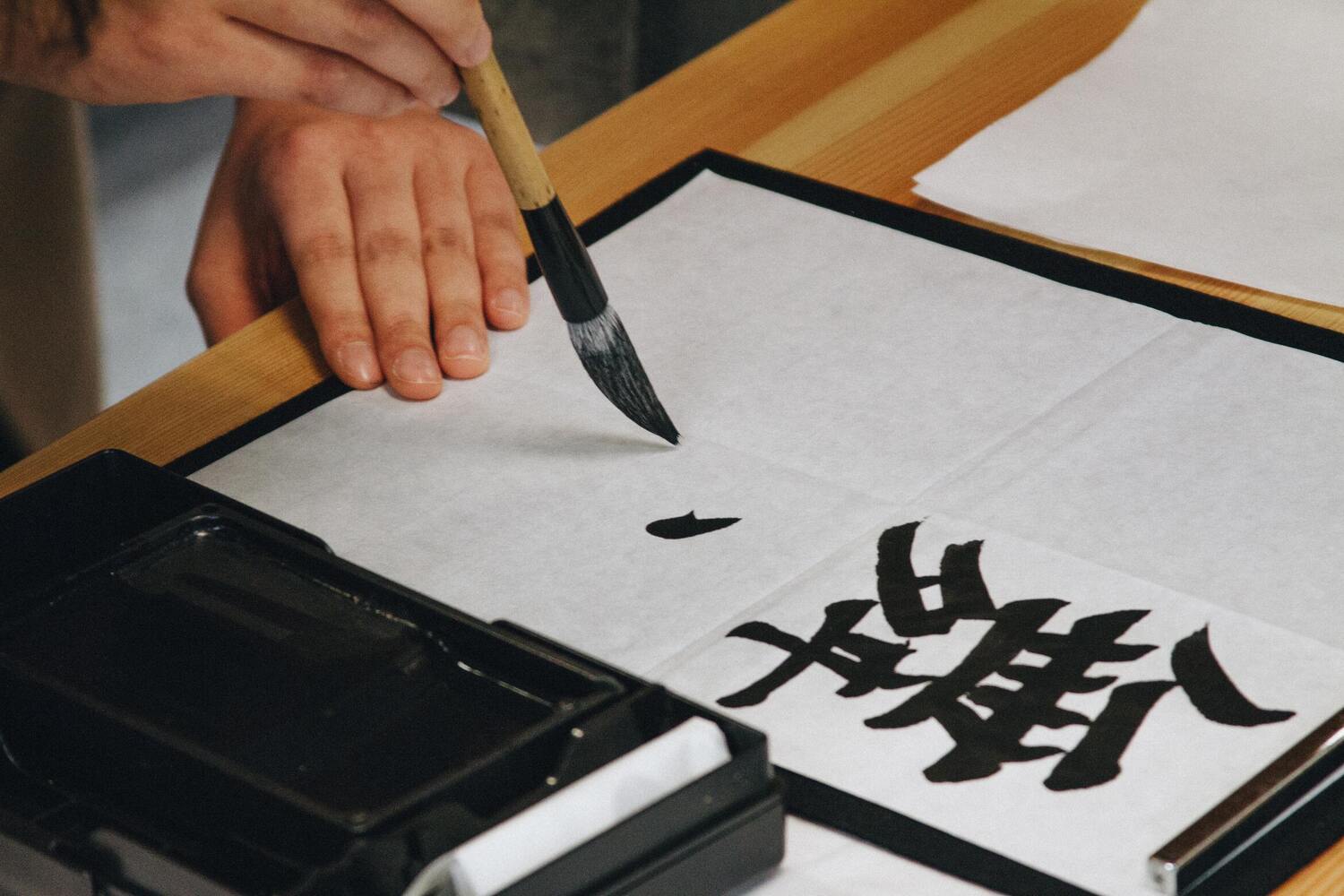“4 Love is patient, love is kind. It does not envy, it does not boast, it is not proud. 5 It does not dishonor others, it is not self-seeking, it is not easily angered, it keeps no record of wrongs. 6 Love does not delight in evil but rejoices with the truth. 7 It always protects, always trusts, always hopes, always perseveres.”
1 Cor 13:4-8
These were the words read (and sung) at my parent’s wedding. They are also the words written in Chinese calligraphy and hung up in the dining room of my childhood home. I was quite impressed that I could read them out in Chinese but understanding them was another question.
How is love seen and shown in an Asian immigrant household?
Finishing everything in your bowl at dinner (otherwise, your spouse will have a face pockmarked)? Unquestioningly obeying your elders? Making sure you don’t embarrass the status quo so that you may bring honor to us all?
Perhaps because of my (high-context) cultural upbringing, with little explicit description and discussion of the nature of love, there were many assumptions and reliance on intuitions. With the lack of explicit communication, love became an unknown, unattainable goal.
Love as Verbs
In the verses that greeted me every time I sat at the family dining table, Paul describes love as verbs. It is slightly lost in our translations, but it is not that love is patient, but love is being patient and love is being kind. New Testament scholar Anthony Thistleton, translates those verses helpfully as:
“(4) Love waits patiently; love shows kindness. Love does not burn with envy; does not brag — is not inflated with its own importance. (5) It does not behave with ill-mannered impropriety; is not preoccupied with the interests of the self; does not become exasperated into pique; does not keep a reckoning up of evil. (6) Love does not take pleasure at wrongdoing, but joyfully celebrates truth. (7) It never tires of support, never loses faith, never exhausts hope, never gives up.
(8) Love never falls apart.”
Love is more than an intuitive feeling or an arbitrary standard. It’s not a “stare into each other’s eyes and whisper sweet nothings into each other’s ear” kind of love. It’s not a black-and-white unattainable ideal where you either loved or did not love with little space to love better. Love in the eyes of God is a person-to-person, side-by-side, down-to-earth, working-it-out-till-the-very-end kind of love.
And if love is verbal—as actions—then love is not static. We can grow in love—grow in being loving, being patient, being kind. We all know from Saturday Chinese school that we can only become better at calligraphy through practice. Part of practicing is to learn, grow, and shape love in its proper context and particular person.
The practice of love is to practice love.
I’ve become increasingly convinced that it is impossible to truly love if we, as followers of Christ, do not practice loving God and are filled by the love from God.
An Overflow of Love
For a very long time, I have been baffled as to what loving God meant. As a young person, I’ve heard over and over again to love God. But what did it mean? Within my (high context) cultural upbringing love was modeled as arbitrary static goals where you either love or did not love. My relationship with God was also shaped by trying to love and not knowing how. Do better, try harder, and without confirmation of knowing if I am doing the right thing. I had lost-in-salvation anxiety.
Love began to change when I began to acknowledge that I am beloved by God. Beloved in my made-ness. Beloved in grace. Beloved in spite of my actions or inactions. Beloved in my union with Jesus. God the Father, Son, and Spirit is being patient, being kind, protecting, persevering, not easily angered, desiring my good, and forgiving me.
“The grace of God means something like: ‘Here is your life. You might never have been, but you are, because the party wouldn’t have been complete without you. Here is the world. Beautiful and terrible things will happen. Don’t be afraid. I am with you. Nothing can ever separate us. It’s for you I created the universe. I love you.’
There’s only one catch. Like any other gift, the gift of grace can be yours only if you’ll reach out and take it. Maybe being able to reach out and take it is a gift too.”
It is only in reaching out and taking this free love that I can begin to learn to dance to the rhythm of real (trinitarian) love—a love that overflows from God, to God, and into one another’s lives.
We can put up a mask of patience, kindness, lack of envy, and self-sacrifice. But when the going gets tough, our love will not persevere. The fountain runs dry, the flowers droop, and we run out of stamps to send out letters.
But when the fountain within us is bubbling away, empowered by the spirit of God, then the practice of our love gradually becomes not second nature but our very nature. Holding the calligraphy brushes of sacrificial love and taking the time and presence to form each stroke of our interactions, until the manuscript of our relationships are “filled to the measure of all the fullness of God.” (Eph 3:19)

